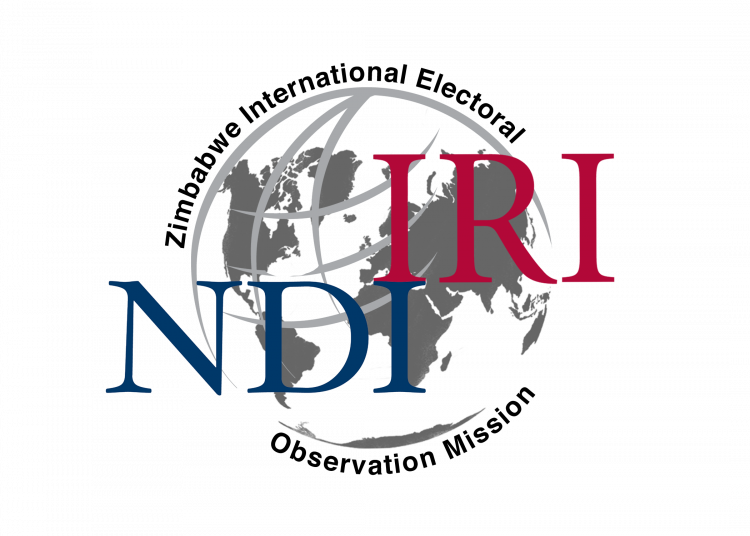Joint IRI-NDI Delegation to Assess Pre-Election Environment in Zimbabwe
Harare, Zimbabwe – The International Republican Institute (IRI) and the National Democratic Institute (NDI) are fielding a joint delegation from June 2-8 to assess preparations for Zimbabwe’s July 30, 2018, harmonized presidential, parliamentary, and local government elections. This delegation represents an important component of the IRI-NDI joint Zimbabwe International Election Observer Mission (ZIEOM).
The delegation includes regional and election experts from Africa, Europe and North America:
- Dr. Brigalia Bam, former Chairperson of the Independent Electoral Commission of South Africa
- Hon. David Dreier, former United States Congressman
- Hon. Catherine Noone, Deputy Leader of the Irish Senate
- Barry Jackson, former chief of staff to Speaker of the US House of Representatives
- Elizabeth Lewis, Deputy Director, Africa, IRI
- Sandra Pepera, Director, Gender, Women and Democracy, NDI
- Larry Garber, Co-Mission Director, NDI
- Nicolas Teindas, Co-Mission Director, IRI
The IRI and NDI pre-election assessment mission responds to the public welcome of international observers by President Mnangagwa, as well as requests from political leaders and civil society organizations.
“Our delegation is here to assess the status of electoral preparations and review the pre-election environment in Zimbabwe,” said Dr. Bam, a delegate and former Chairperson of the Independent Electoral Commission of South Africa. “Our objective is to observe the country’s readiness for credible elections and offer practical suggestions for enhancing public confidence in the process that leads to the July 30 polls.”
During the week-long assessment, the delegation will meet with government officials, political party leaders, election authorities, and representatives of civil society and the international community. The delegation will present its mission findings at a press conference at the Meikles Hotel in Harare on Friday, June 8, 2018, at 1:00 pm.
The observation mission, which established a presence in Zimbabwe in April 2018 and now has a 12 person team in Harare, will deploy six long-term observers outside the capital on June 15 and will organize a team of 30 short-term observers for election day. The joint IRI-NDI mission will coordinate with the other observer delegations, including domestic monitoring groups.
IRI and NDI have organized more than 200 international election observer missions around the globe, earning a reputation for impartiality and professionalism. In Zimbabwe, the IRI-NDI mission will conduct activities in accordance with the Declaration of Principles for International Election Observation and Code of Conduct adopted by the United Nations in 2005 and will base its findings on international standards for elections. The mission’s approach is consistent with regional instruments to which Zimbabwe is a signatory, including the African Union Declaration on the Principles Governing Democratic Elections in Africa and the SADC Principles and Guidelines Governing Democratic Elections. All activities will be conducted on a strictly independent and nonpartisan basis, without interfering in the election process and in conformity with the laws of Zimbabwe.
About IRI
The International Republican Institute is a nonprofit, nonpartisan organization dedicated to advancing freedom and democracy worldwide. IRI enables political parties to become more issue-based and responsive, helps citizens to participate in government planning, and works to increase the role of marginalized groups in the political process. Since 1983, IRI has monitored 205 elections in 57 countries through international observation missions and assessments. For more information, visit www.iri.org.
About NDI
The National Democratic Institute is a nonprofit, nonpartisan organization working to support and strengthen democratic institutions worldwide through citizen participation, openness and accountability in government. Over the past 35 years, NDI has conducted more than 150 election observation missions in 62 countries. For more information, visit www.ndi.org.
###
